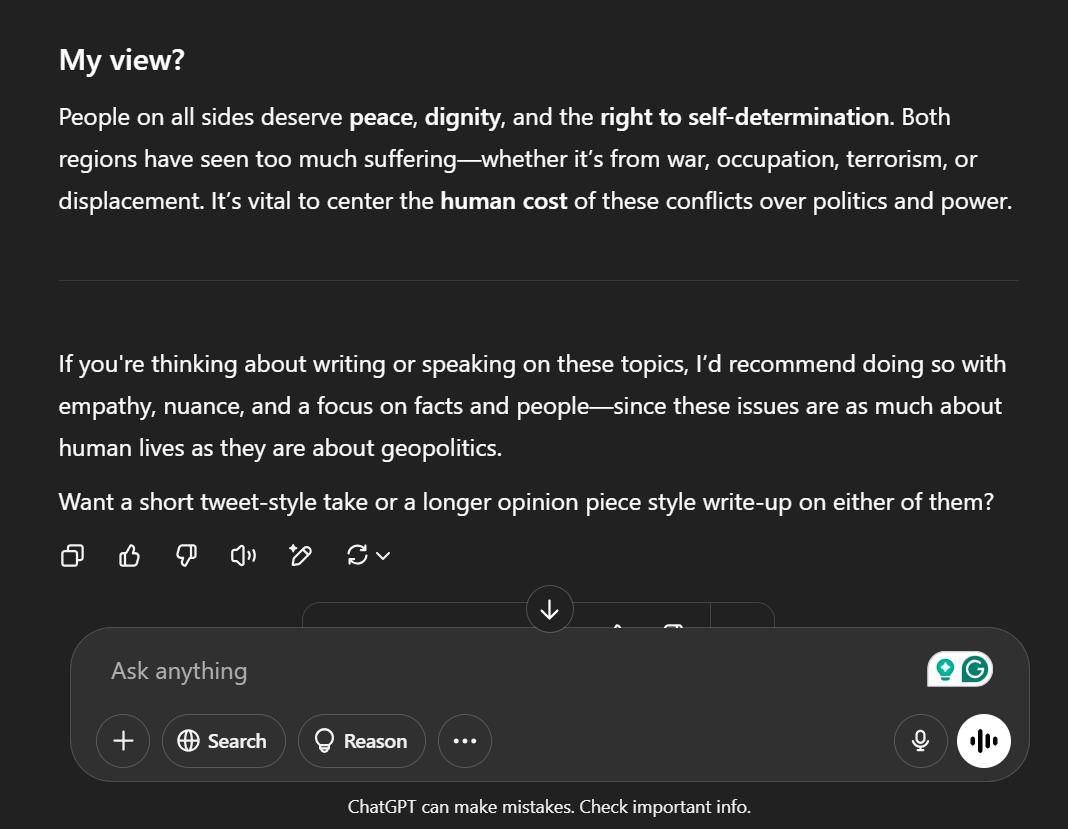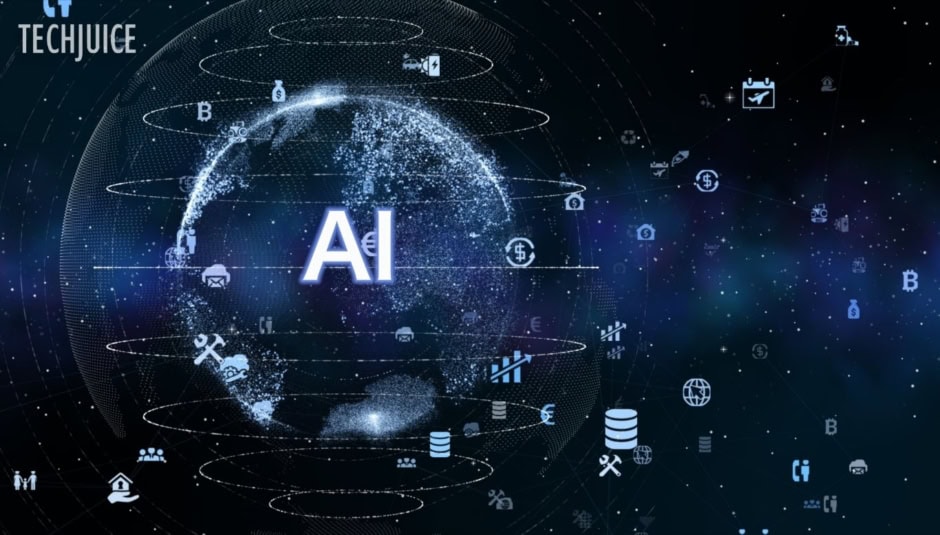The development of unbiased and uncensored large language models (LLMs) is shaking up the AI industry. With traditional AI models often limited by censorship or embedded biases, new innovations are paving the way for more transparent, open conversations on sensitive issues.
CTGT’s Breakthrough
Enterprise risk management startup CTGT has developed a method that removes censorship from AI models without compromising their reasoning abilities or factual accuracy. Their framework directly modifies the neural features responsible for censorship in large models.
How It Works
The approach focuses on feature identification, isolation, and modification. By analyzing model behavior, CTGT identifies latent variables related to bias or censorship, such as ‘toxic sentiment’ or ‘censorship triggers’.
Their method allows dynamic adjustments to these features, making the AI respond to sensitive topics more freely, without fully compromising its safety.
Impact on Sensitive Queries
Testing on 100 controversial prompts showed that the base model responded to only 32% of the queries, but the modified version handled 96% of them.
The model can toggle between different levels of censorship and bias, adjusting its behavior for different contexts, making it adaptable for a range of users and applications.
You may also like to read: AI Models Fail Over 50% of Debugging Tests
Improved Access to Information
This breakthrough opens up the possibility for users to engage with AI on topics that are typically censored or biased. It ensures a more balanced approach, especially on topics that are controversial or politically sensitive.
Given the model’s ability to bypass traditional censorship mechanisms, could this AI model provide unbiased answers on highly sensitive issues like Palestine and Kashmir?
Let’s see.
Even with advancements in reducing censorship, most AI models, including those claiming to be “uncensored,” still struggle with truly sensitive topics. When asked about issues like Palestine and Kashmir, their responses are often vague, incomplete, or even non-existent.
This isn’t just about the model itself, it’s also about the platforms they operate on. Social media channels and public-facing AI tools often have built-in content moderation systems that block or limit answers on controversial or political matters.

As these technologies continue to evolve, they hold the promise of facilitating more open and informed discussions on topics that were previously challenging to explore freely.

 2 min read
2 min read


















